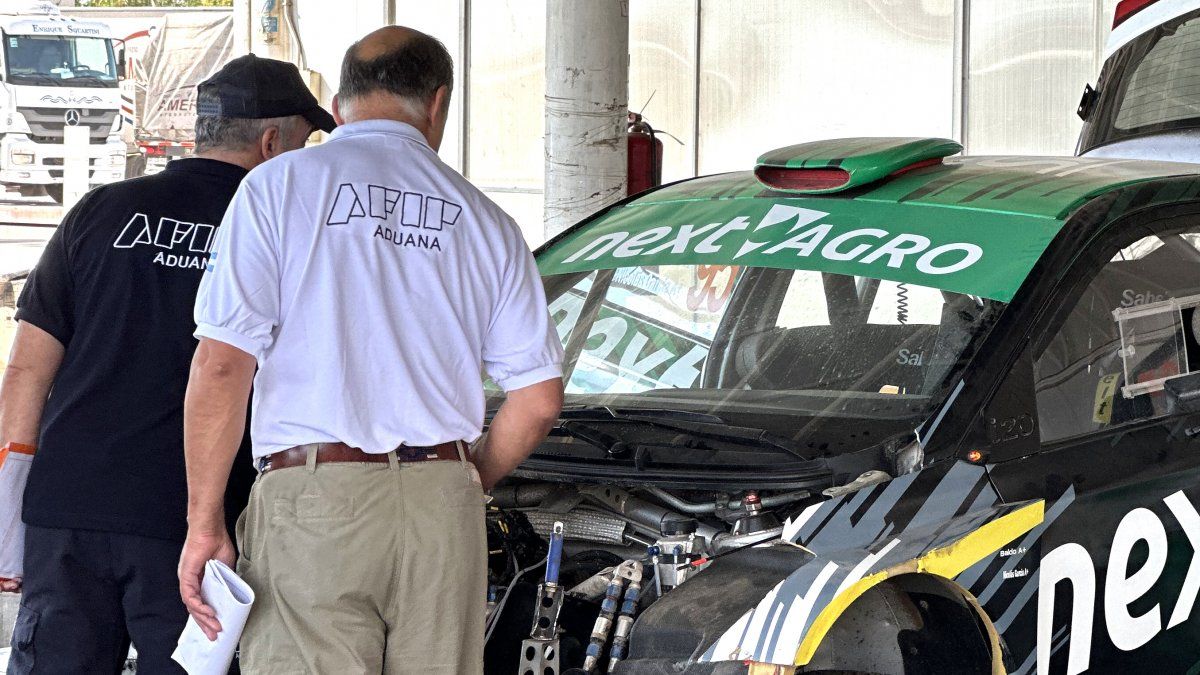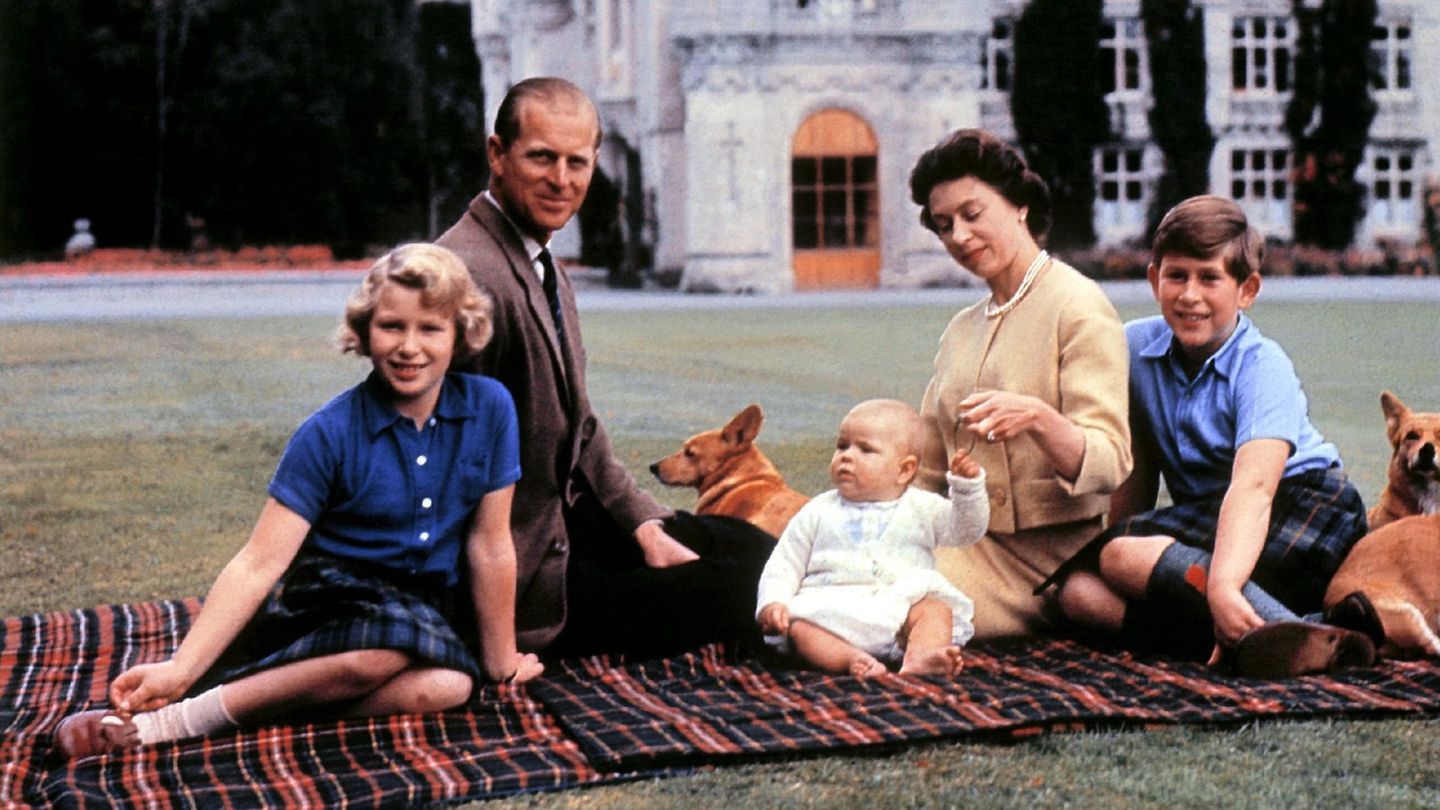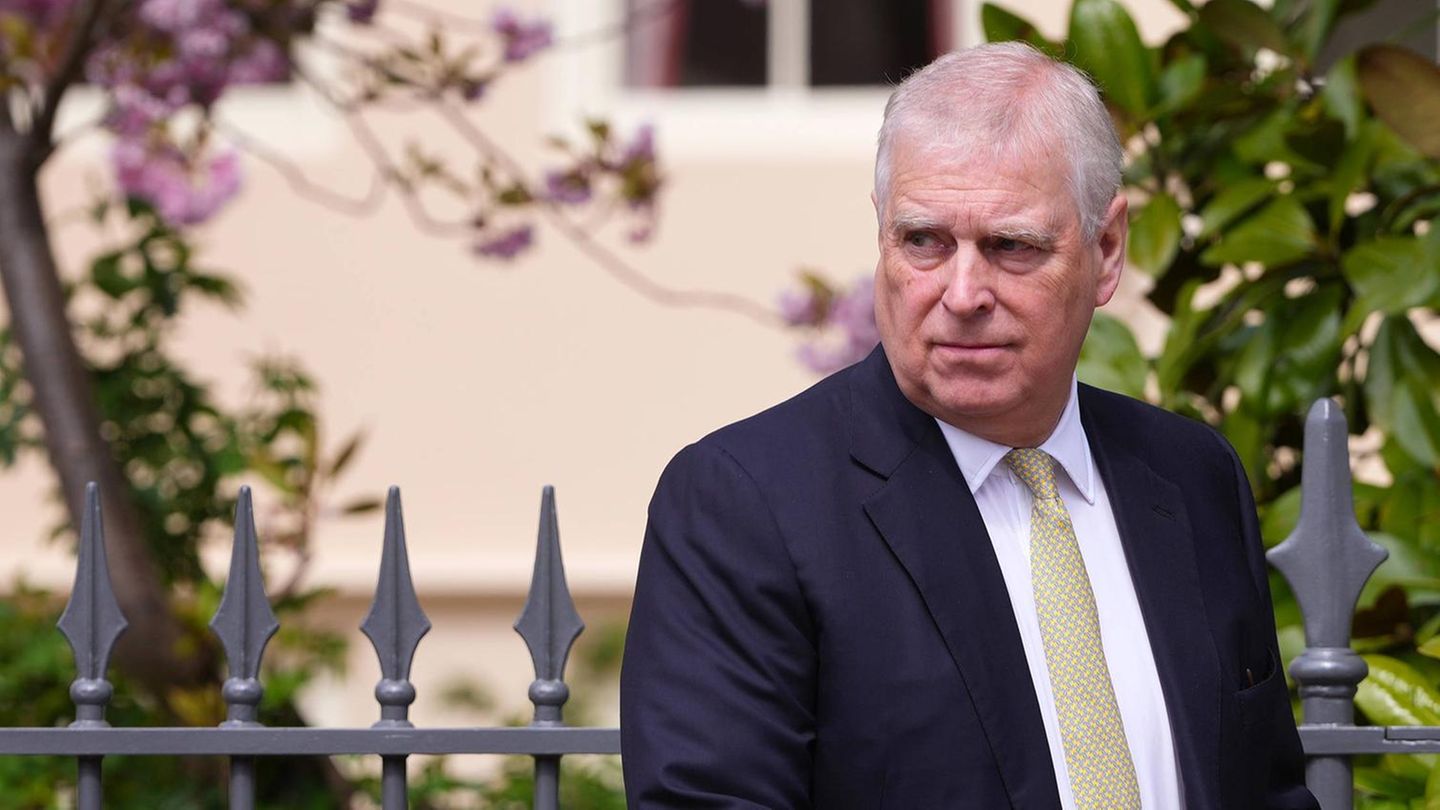Rally Cars 1.jpg
AFIP
Specifically, the cars entered Argentina from Chile through the Cristo Redentor International Passage as a truck load. When Customs asked the importer for the import documentation, it presented a contract that established that the three vehicles, together with the necessary spare parts to compete throughout the year in the Argentine Rally Championship, were ceded by a Chilean company to another Argentine in the form of a loan, that is, a free loan. There is something else: it had an extension of only four lines.
The latter aroused the suspicion of Mendoza customs agents, since due to the value of the merchandise (over US$600,000) and the natural deterioration that running at extreme speeds for around ten months would cause, the documentation was especially implausible. .
rally cars 7.jpg
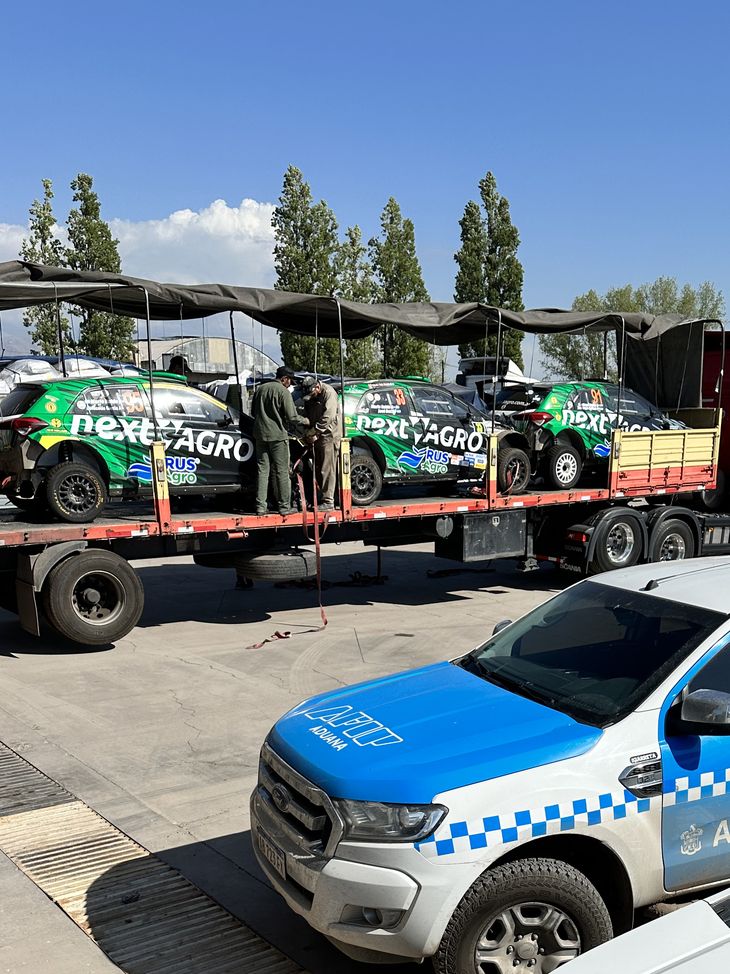
AFIP
Specialized agents from the General Directorate of Customs-AFIP stated that they have become accustomed to seeing endless clauses in this kind of contracts, which aim to anticipate all the unforeseen events that may arise during highly competitive races.
Likewise, a more exhaustive inspection of the customs inspectors was finding elements that, they understand, would point to additional infractions. On the one hand, an engine that last year was imported registering a value of around US$18,000, in this destination it was registered at just US$2,500, which for a race car sounds improbable. On the other hand, the agents of the agency led by Guillermo Michel found that spare parts that had been declared as used are actually new.
Rally Cars 6.jpg
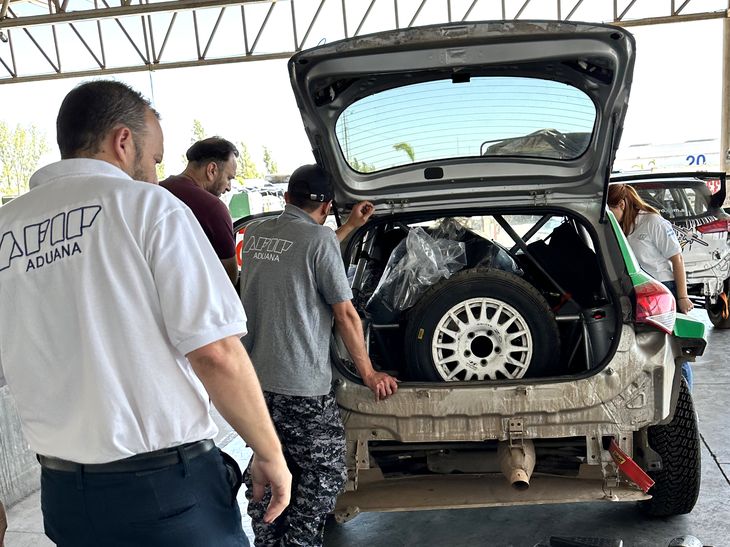
AFIP
In addition, it should be noted that the person whose name appears on the import of the cars is the wife of a rally driver who has a record of having been convicted as a necessary participant in the crime of smuggling classified as narcotics. The cars would be driven, according to the documentation presented to Customs, by the renowned driver Federico Villagra -multiple rally champion- as well as the mentioned husband of the woman who appears in the documentation and their son.
Finally, preliminary investigations found the precedent that these same Hyundai i20 rally vehicles had entered under the temporary import regime last year, to compete in the Argentine Rally Championship. However, it was found that they were also used in the Cordoba championship, for which they were not authorized, which constitutes a violation of article 970 of the Customs Code. For that reason, a fine of more than $40 million could fit.
rally cars 4.jpg
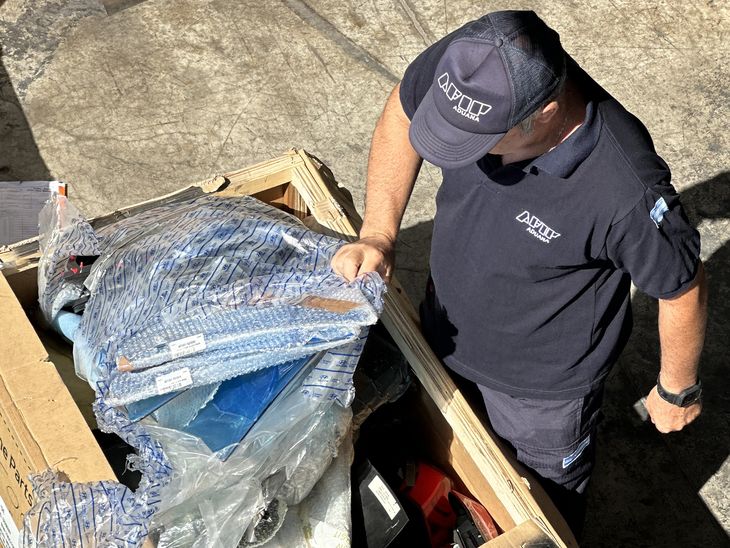
AFIP
Customs agents at this time work with two hypotheses: either the cars would have been rented —not assigned—, which would force the operation to be taxed in our country, or that the Argentines actually own the cars, which would also make them subject to taxes before the treasury.
If it were found that the maneuver was smuggling, Customs would not only seize the cars in question, but could apply a fine of at least $110 million for the value of the merchandise. Thus, added to the fine for the irregularities found in the import of the year 2022: the sanctions would be above $150 million.
Source: Ambito
David William is a talented author who has made a name for himself in the world of writing. He is a professional author who writes on a wide range of topics, from general interest to opinion news. David is currently working as a writer at 24 hours worlds where he brings his unique perspective and in-depth research to his articles, making them both informative and engaging.

